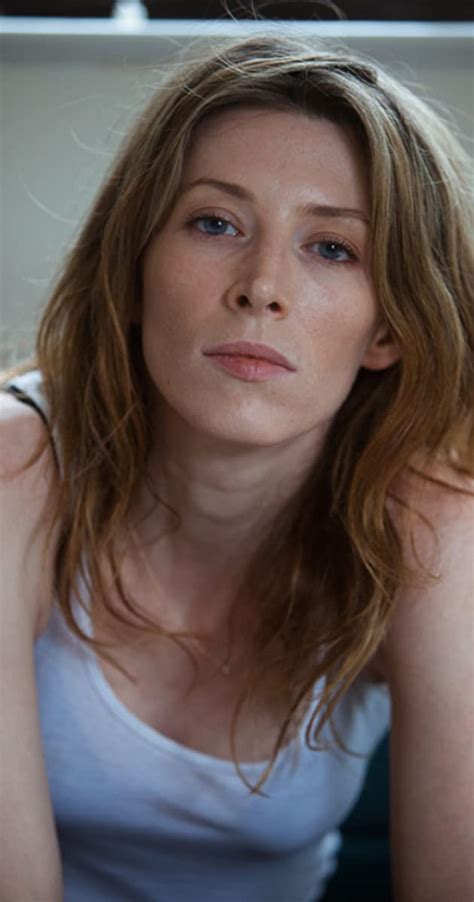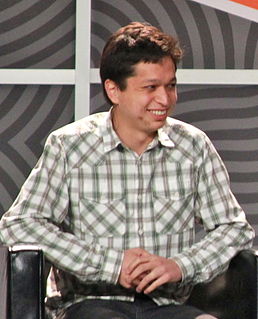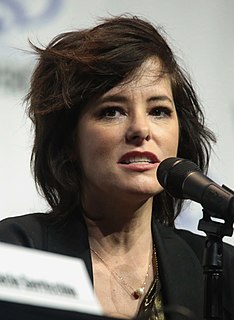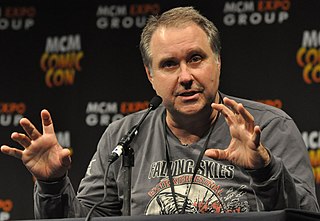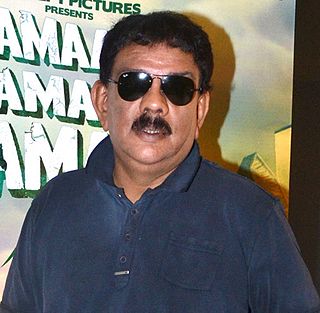A Quote by Alexandra McGuinness
Everyone in the Lotus Eaters is so concerned with appearances, but there's an emptiness under the surface that they're trying to ignore. We talked about the theme of perception versus reality a lot with mirrors and masks what people were wearing - and we shot on two formats; we shot it on film and on digital, and a lot of the night-time scenes are film, and it looks better, and people can put on a mask and they can go out there and show an artifice to the world.
Related Quotes
If I'm ever working on a set and anyone talks about a master shot, I say there is no master shot. Before I even went to film school, I learned about movies by being in a British feature film, where everything was shot master shot, mid-shot, close-up. But I reject the idea of a master shot. You don't shoot everything mechanically; you find imaginative ways that serve the action.
I think that a lot of the most talented and driven people, they're not super deterred by failure. So if you put out a really big challenge, I think they get reality excited by that - they say, 'Hey, why not, let's go give it a shot, and if we fall short on that, at least we took a shot at doing something really important and meaningful.'
There's nothing worse than an ostentatious shot or some lighting that draws attention to itself, and you might go, 'Oh, wow, that's spectacular.' Or that spectacular shot, a big crane move, or something. But it's not necessarily right for the film — you jump out, you think about the surface, and you don't stay in there with the characters and the story.
I'm very interested in clans and the way people group together, and there's a lot of group shots. There's a lot of people in positions that people feel like they're in attack mode, kind of pointed at each other in the frame. I'm not a big fan of shooting something that looks like it could belong in any movie, I'm not a fan of okay, "wide shot, wide shot, medium shot, close-up, close-up, we'll figure it out in post." I hate that.
What we were trying very hard to do, just in the way we shot it, was to make it feel as if we're in that environment ourselves, just so we can get a grasp on what it is. A lot of our influence was about getting stuck on a level on any of those video games, where you find yourself caught and you can't get out, and it's maddening. We talked a lot about that.
If you need to strap a camera to you or get in a small space, then it makes sense to use digital.I do think it is possible to use a digital camera artistically, but it can only be good if you are using film technique. Film has grain, and digital has pixels, and there is not that much of a difference, but digital does not replace the need to create a scene and light it properly and spend time considering the shot.
